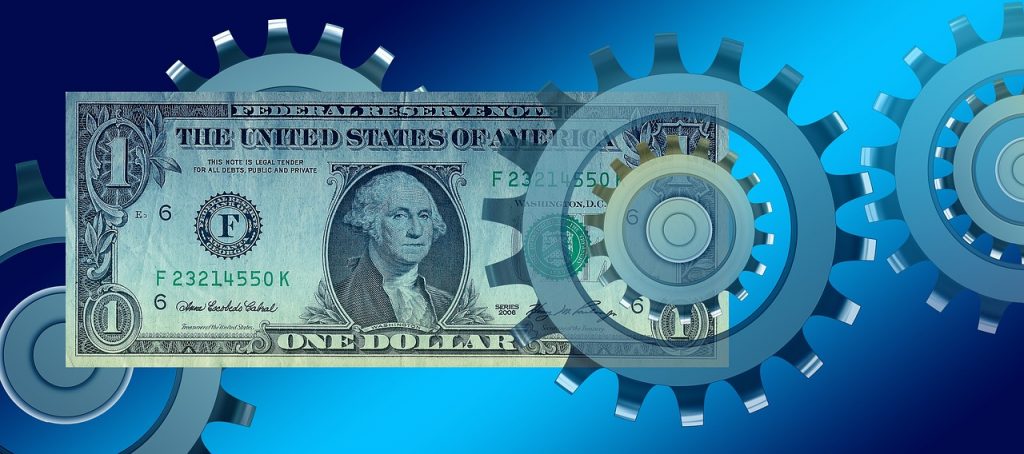The resilience of the housing market is such that it will likely survive the next recession without home prices taking a substantial hit, according to a new report from title insurance firm First American Financial Services.

“While the housing crisis is still fresh on the minds of many, and was the catalyst of the Great Recession, the U.S. housing market has weathered all other recessions since 1980,” writes the report’s author Odeta Kushi, deputy chief economist at First American.
The report uses data from Freddie Mac and the National Association of Realtors to illustrate how the market has fared in previous economic downturns, and shows that home prices generally continue to appreciate in such situations. However, existing home sales growth will often decrease slightly during a recession, the data shows.
The Great Recession was of course the exception to this rule, but in that case the circumstances were quite different to normal, the report notes. Last decade’s economic downturn was driven by a rapid increase in home building and a major expansion of mortgage credit availability. As a result, buyers were able to secure mortgages with virtually no documentation of their income, and a minimal, or no down payment.
“The housing crisis in the Great Recession was fueled heavily by the fact that job loss was paired with a significant share of homeowners who didn’t have much equity in their homes,” Kushi wrote.
But fast forward to today and the home price increases we’ve seen recently are driven more by a shortage of available inventory and rising demand from buyers. Homebuilding has been sluggish and has exacerbated housing shortages in many parts of the country. And more homeowners have gained a significant amount of equity in their properties due to these shortages and the high demand for housing.
“On the whole, homeowners have very high levels of tappable home equity today, providing a cushion to withstand potential price declines,” Kushi said. “In fact, the housing market may actually aid the economy in recovering from the next recession—a role it has traditionally played in previous economic recoveries.”